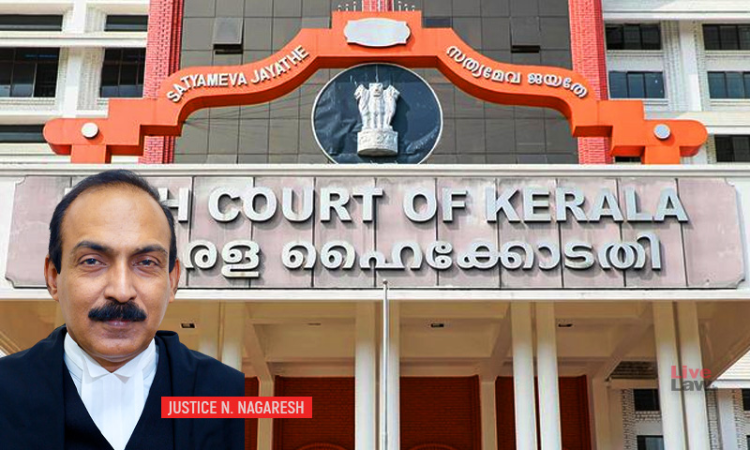Low CIBIL Score Of Co-Borrowers Not A Ground To Deny Education Loans: Kerala High Court
Hannah M Varghese
12 May 2022 9:07 AM IST

The Court opined that conditions of that nature defeat the very purpose of grant of such loans.
Next Story
12 May 2022 9:07 AM IST
